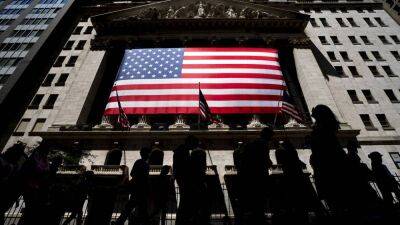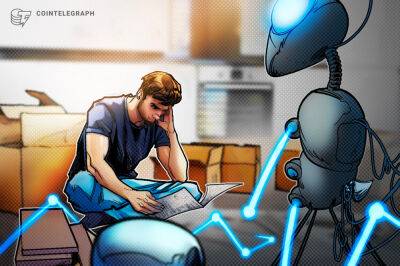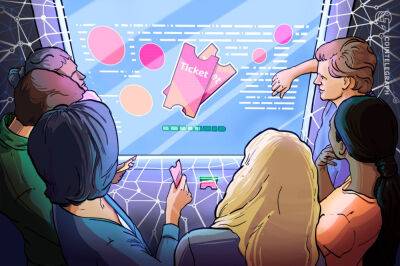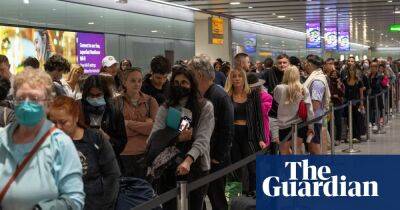Dashboard of decline: seven charts that explain Britain’s economic crisis
The UK is sliding towards a recession. Only six months ago, a strong recovery was expected, but the impact of the pandemic, the slow return to pre-Covid work patterns and soaring inflation driven by the Ukraine invasion have depressed the economy.
Last week the governor of the Bank of England, Andrew Bailey, warned that Britons are likely to suffer a deeper and longer downturn than other major industrialised nations. He also said inflation would be more severe and persistent.
Unique to the British experience is Brexit, which has imposed extra costs and restrictions on exporters to the EU and limited the supply of skilled labour. And after 10 years of austerity, publicly funded organisations entered the pandemic in a weak position and are now in an even worse state as they grapple with the rocketing cost of living and a shortage of workers.
But these are not the only reasons why the situation in the UK is so particularly bad. These charts illustrate the many overlapping issues that are holding the country back:
Millions of people in the top two-thirds of the earnings ladder saved money during the pandemic – because opportunities for spending on travel, eating out and shopping were severely curtailed. With about £260bn in bank deposit accounts, it was reasonable to expect the recovery to see an explosion of demand.
When restrictions eased, employers put out a call for workers to meet that increased demand in restaurants, shops and more. However, many self-employed and older people who stopped working during the pandemic have stayed on the sidelines – unwilling to apply for jobs, or unable to because of illness.
The latest jobs figures, for the three months to April, show vacancies hitting a fresh high of 1.3m, and unemployment
Read more on theguardian.com



















